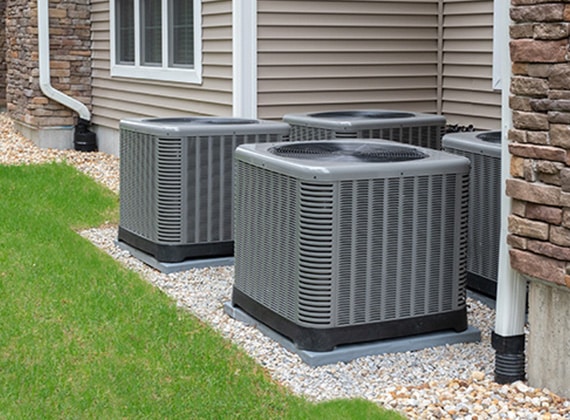Changing energy efficiency regulations and the performance of your current AC unit may mean you should upgrade your heating and cooling systems. Keep reading to see if it’s time for a new air conditioning installation from ABA Austin.

Are new air conditioners more energy efficient?
The short answer? Yes. New air conditioners are generally more energy-efficient than older models. You can measure the energy efficiency of your AC unit by the Seasonal Energy Efficiency Ratio (SEER) rating it has. Many newer air conditioners have higher SEER ratings than the minimum requirement, which means they are more energy-efficient than they have to be. In addition to improved SEER ratings, many new AC systems have other features that help improve their energy efficiency. These features can help optimize the cooling process and reduce energy waste. Call our team at ABA Austin today to see what new AC units we recommend for your home.

Will Getting A New AC System Save Me Money?
New AC models have much higher energy efficiency ratings than your 20-year-old system. If your current AC unit has a SEER rating of 10 or lower, you’re wasting money while cooling your home. Modern AC systems use significantly less energy to cool your home. Note that the exact dollar amount of money you can save by upgrading to a new AC system will depend on various factors, such as the size and efficiency of the system and your usage patterns. It’s a good idea to work with a qualified HVAC professional at ABA Austin to help you choose the most cost-effective system for your home and to ensure that it is properly installed and maintained.
What is SEER on an air conditioner, and how is it calculated?
SEER stands for Seasonal Energy Efficiency Ratio. This is the ratio of an air conditioner’s cooling output divided by its energy in watt-hours. It sounds complicated, but the SEER rating should be considered when installing a new AC unit. You might notice some units say SEER2. This is to reflect a new standard for measuring energy efficiency. The United States Department of Energy (DOE) released new SEER regulations for January 1, 2023. For more information on what SEER is, read our article on SEER Regulations.

